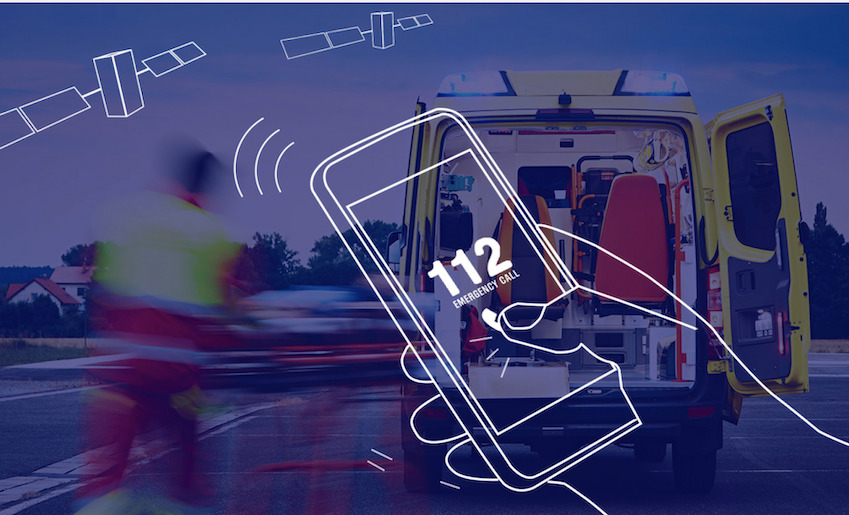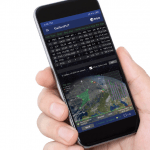With the help of Galileo signals, first responders in the European Union (EU) will have more accurate location information when calls come into the 112-emergency number, leading to faster response times and ultimately saving lives.
As of March 17, all smartphones sold in the EU will leverage Galileo signals in addition to other GNSS capabilities, according to a news release from the European Union Agency for the Space Programme (EUSPA). This comes three years after a European Commission Delegated Regulation to use GNSS and Wi-Fi location capabilities in smartphones placed on the EU market, ensuring mobile devices provide accurate locations for emergency callers.
Most calls placed to the 112-emergency number come from mobile phones, with caller location established through identification technology based on the cellular network tower’s coverage area. The accuracy of this method varies from 2 to 10 kilometers, which isn’t enough to help responders quickly find distressed callers—wasting precious time. The location information provided by GNSS offers accuracy down to a few meters, automatically communicating the caller’s location to emergency services.
This capability is being rolled out across the EU through what’s known as Advanced Mobile Location (AML). When a 112 call is placed, AML uses the smartphone’s integrated functionalities and data from Galileo to identify the caller’s location. That information is then transmitted to a dedicated end point, typically a Public Safety Answering Point (PSAP). The PSAP makes that location information available to the appropriate emergency responders in real time.
At least 18 EU Member States have already completed the AML deployment, according to the European Emergency Number Association (EENA), and others are in the process. The implementations were made possible by EU initiatives and projects such as Help 112, which evaluates the merits of handset-based technologies in improving emergency caller locations.
“The EC regulation,” EUSPA Executive Director Rodrigo da Costa said, according to the release, “which shall enter into force late next month is another confirmation of the added value EU space data brings to our daily lives.”






